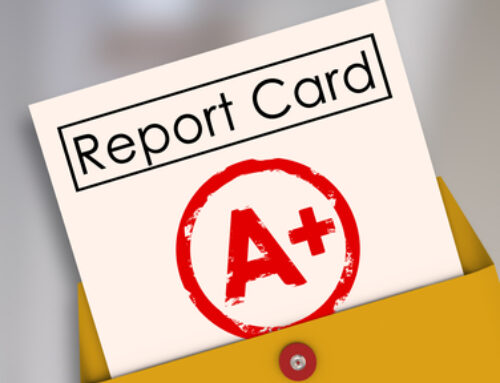 By now, most people have heard about Kwasi Enin, the young man from New York who was accepted to all eight Ivy League colleges. Students who didn’t fare as well in the college admissions process may be asking, “Why him?” and “Why not me?”
By now, most people have heard about Kwasi Enin, the young man from New York who was accepted to all eight Ivy League colleges. Students who didn’t fare as well in the college admissions process may be asking, “Why him?” and “Why not me?”
When a student does everything he or she is “supposed to do” to get into a good college — from taking advanced classes and earning great grades to participating in extracurricular activities and holding leadership positions to getting outstanding scores on standardized tests, it’s easy to feel cheated when you don’t get into the college(s) of your dreams.
Many are wondering what made Kwasi so special. Sure, he was in the top 2% of his high school class, took 11 AP courses, and got a 2250 on the SAT. He also is well-rounded: he plays second chair viola in his school’s orchestra, sings in the school’s a capella group, has starred in several school plays, participates in track and field and student government, and volunteers in the radiology department at a local hospital. Finally, his parents are immigrants from Ghana, making Kwasi a first-generation American.
Still, being accepted by all eight Ivies is no easy feat. The schools’ 2014 acceptance rates ranged from 14% (Cornell) to 6% (Harvard). And it can be tempting for students to compare themselves to someone like Kwasi and to wonder what they could have done differently in order to have the kind of outcomes that Kwasi did.
Several articles have been written about Kwasi’s essay — somehow (no one seems to know how) the media got ahold of “Draft #4” — and some have suggested that’s what got him in. (One article is even titled, “Here’s the Essay That Got One Teen Accepted Into Every Ivy League School”.) Having a superb essay can, in fact, make a difference in one’s chances of admission, and I pride myself on helping students write strong essays that communicate something interesting about them that’s not mentioned or emphasized elsewhere in their application.
The factor that tipped the admissions scales in Kwasi’s favor could be his essay, but it could be any number of things. For example, he undoubtedly was helped by being a male who applied to college at a time when 57% of American college students are female and when many colleges are struggling to keep their male/female ratios balanced.
It’s also important to note, as I did in another blog post, that many of the most selective colleges had their lowest-ever acceptance rates this year. When 90% of applicants are academically qualified (as is the case at many of these schools), trying to determine why one person was accepted and another was rejected is a game that you can’t win, and it’s not fun to play, either.
So rather than compare yourself to students like Kwasi, recognize and be proud of the fact that you did your own personal best and that you are an extraordinary individual. Be happy about the colleges that recognized this, too, by offering you admission. And know that, at 17 or 18, this is just the beginning, and no matter where you end up, the intelligence, work ethic, and determination that made you a successful high school student will make you successful in college and in life.





